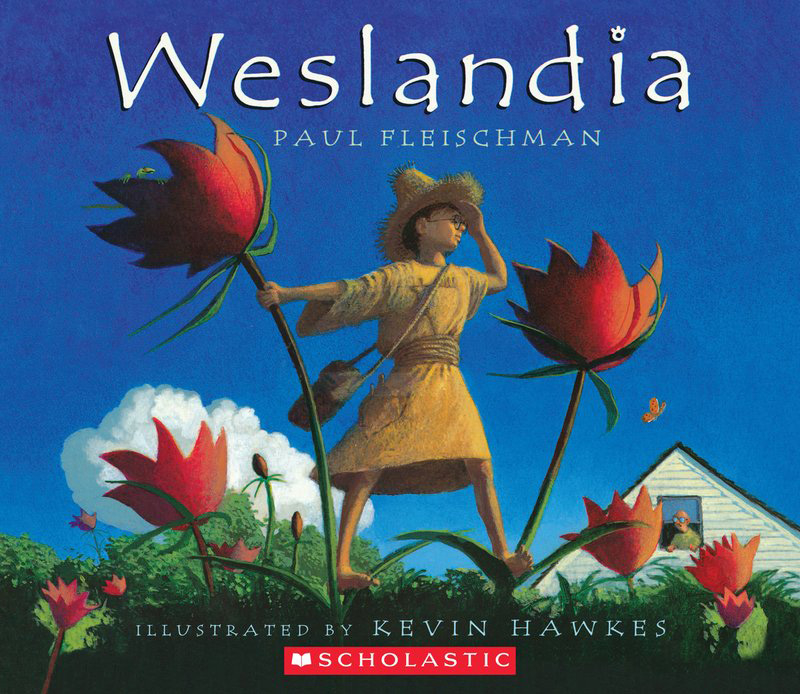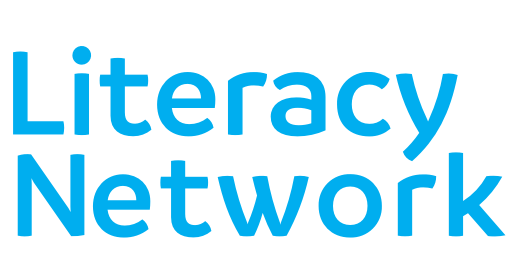
When Paul Fleischman’s biography about the young boy who created Weslandia was published, it was an instant hit. It’s been 20 years since that book was published and people have begun to wonder what became of young Wesley and where he his now. School-tastic News got an exclusive interview with the very private Weslandia founder and it turns out that he’s in a pretty happy place.
SN: Wesley of Weslandia, why is it that you’re such a hard person to track down?
W: I live off-grid, which means that Weslandia Colony—where I live now—is entirely selfsufficient.
SN: Can you expound on the meaning of self-sufficient means for the benefit of our young readers?
W: We make everything we need to live and we don’t get water from the water company or electricity from the electric company. Through hard work, we produce everything we need inside The Colony, including our own clothes, homes, furniture, and food.
SN: Wow, that’s amazing! Can you give our readers a bit more information about The Colony?
W: After I founded Weslandia in my parent’s backyard, people arrived from all around to see it. Lots of people wanted an off-grid lifestyle like the one I created for myself in Weslandia. They loved the swist plant and I made a lot of money from selling the swist-based resources I didn’t use in Weslandia…
SN: I’m guessing the money you made from inventing Wesball also helps, am I right?
W: Yes, I got a patent for Wesball, the sport I invented as a kid in Weslandia. Very simply put, it means that if other people wanted to play the game or make products for the game, they had to pay me to do so.
SN: Can you describe how you started The Colony?
W: I used the money I made from Wesball to buy some land in Kentucky and invited people to join me in living on that land. At first there were only around 20 people, but now we have more than 400. We’ve bought more land since then, obviously.
SN: Why did you specifically choose Kentucky as the location for The Colony?
W: That’s a good question and there are a few reasons: the first is that it turns out that swist grows really well in Kentucky’s climate and soil and the second is that The Colony had to have a clean source of water that we could use for drinking, for farming, and for our factories.
SN: How do you power your factories if you don’t use electricity?
W: A lot of people think that we don’t use electricity, but it’s incorrect. We do use electricity, but we produce our own energy using solar panels, so we leave zero carbon footprint.
SN: OK, now a change of subject: are you still in touch with any of the folks who appeared in your biography?
W: Yes— obviously I’m still in touch with my parents. Several of the neighborhood kids were the first to join me in the early days of The Colony.
SN: Actually, we spoke to your next-doorneighbor, would you like to hear what he had to say?
W: (laughs) Wow, yes; he must be really old now!
SN: He said: “I never understood that Wesley boy because he grew weird plants and even spoke some weird fantasy language. He was a good boy though, I guess, but I still think brussels sprouts are a more worthwhile crop than that swist nonsense.”
W: Well, I’ll always prefer brussels sprouts to pizza, but I still think he’s the weird one— who doesn’t love swist?
SN: I love it! Do you all really speak only Weslandian in The Colony?
W: No, not anymore. We tried to make that the official language of the colony at first, but it was too hard for people to learn and use. It just seemed more logical to switch back to English.
SN: Here’s my final question: are you happy?
W: I’m so happy because I live life just the way I want to live it. I do things that help the environment rather than harming it and I have lots and lots of friends. Who could ask for more?



 About BeeLine
About BeeLine